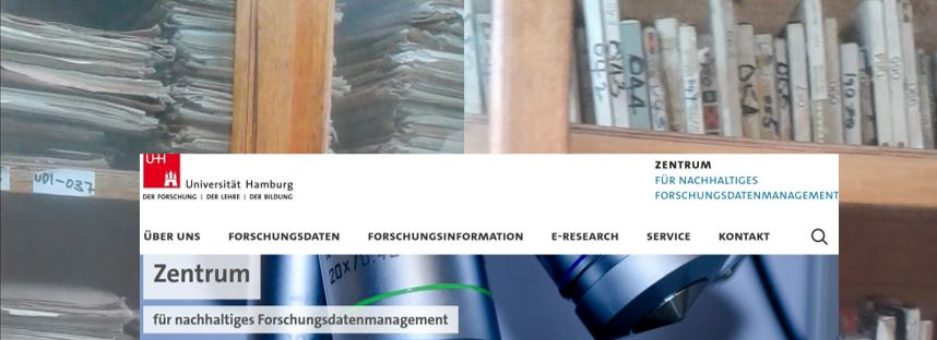Models for Digital Data Literacy in Africa and Digital Repositories as Open Educational Resources
3.-7.10.2022 @ University of Education in Winneba (UEW), Ghana
Part of the Point Sud 2022 Programme
A cooperation of:
University of Education in Winneba (UEW), Ghana
Faculty of Education, University of Hamburg, Germany,
National Center for Arts and Culture, The Gambia,
Asia-Africa Institute/African Language Studies, University of Hamburg, Germany
Update (27/9/22): Conference Schedule and Program: Program DDLitE (PDF)
Update: Interview at Radio Windy Bay 98.3 FM (8/10/2022)
Presentations
- Siaka Fadera: Digitization of the NCAC/RDD Oral Archive of The Gambia: Experiences, Challenges, Outlook
- Zakaria/Nadir: Digital Repositories in Nigerian Universities
- Oge Samuel Okonkwo: Digitization and the Prospects of Archives in Nigeria: Exploring the Lagos State Records and Archives Bureau (LASRAB)
- ClementOdoje: DataFlaring:RadioHousesasRemedy Measure
- Daniel K. Avorgbedor: Developing and Integrating Community Archives
- Philip Kwaku Kankam: Development Strategies on Teachers’ Digital Data Literacy Competencies
- Telse Iwers & Dandy George Dampson: Digital data literacy competencies: The role of university teacher training
- Andreas Körber: History Education as Active Learning Historical Thinking Using (digitally archived) Resources
- Morgan Chitiyo: Carving a Post-colonial African Identity
- Tracey Muradzikwa: Decolonizing and Digitalizing “Her- Stories! In National Archives”
- Aggregation of the Results of the Four Workshop Days (Henning Schreiber)
Background
Archives play a key role for knowledge production and collective memory. Knowledge institutions are no spaces where memory is stored but where meaning is created. Thus, “[t]he archive is not the institution or space where historical knowledge is preserved, but rather where meaning is created and the memory of a certain discourse is determined” (Peters & Besley, 2019, p. 1021).
The transformation of existing archives and media artefacts of material culture into digital media repositories is central in the Digital Humanities and has become an area of research in African Studies as well. The main focus of memory institutions like libraries and museums in digitalization projects is the sustainable culture preservation, however, following the politics of the archive. Digitalization is not a purely technical issue. It becomes the most pertinent process of knowledge construction in the Digital Age impacting collective memory and consciousness – even on a global scale.
“Unlike public libraries, academic library collections/information resources depend on university research, teaching, and learning (e.g., curriculum) to be relevant. Ultimately, the library should serve the decolonization agenda of the university, as reflected in its decolonization/indigenization policy/policies (e.g. language policy, IR policy, open access policy), research, and teaching and learning.” (Ochalla, 2020, p. 292) Digital literacy has become a central requirement for those who are intrinsically concerned with knowledge production and its transmission: teachers and educators. This workshop goes one step further by looking at digital repositories from the perspective of Digital Data Literacy (DDL) and promoting digital archives as Open Educational Resources for teaching in Africa. The recognition of multimodal repositories hosting reports from various time periods, voices from Africa in local languages and documents of cultural memories, perceptible and accessible through digital media, is an urgently needed precondition for the development of a decolonized curriculum and teaching of African history in particular. At the same time, digital repositories will play a central part in strategies for improving the quality of education in order to “enhance academic freedom and professional autonomy of teachers by widening the scope of materials available for teaching and learning” (UNESCO, 2019).
Thus, repositories as open digital educational resources have the potential to restrain the dominance of exoglossic learning and teaching materials in African curricula and promote original sources in local languages and local collective memories. Moreover, digital resources have the ability to establish new approaches of explorative learning – at the same, time creating time feedback from the people concerned.
(Original call for papers: download (PDF))
